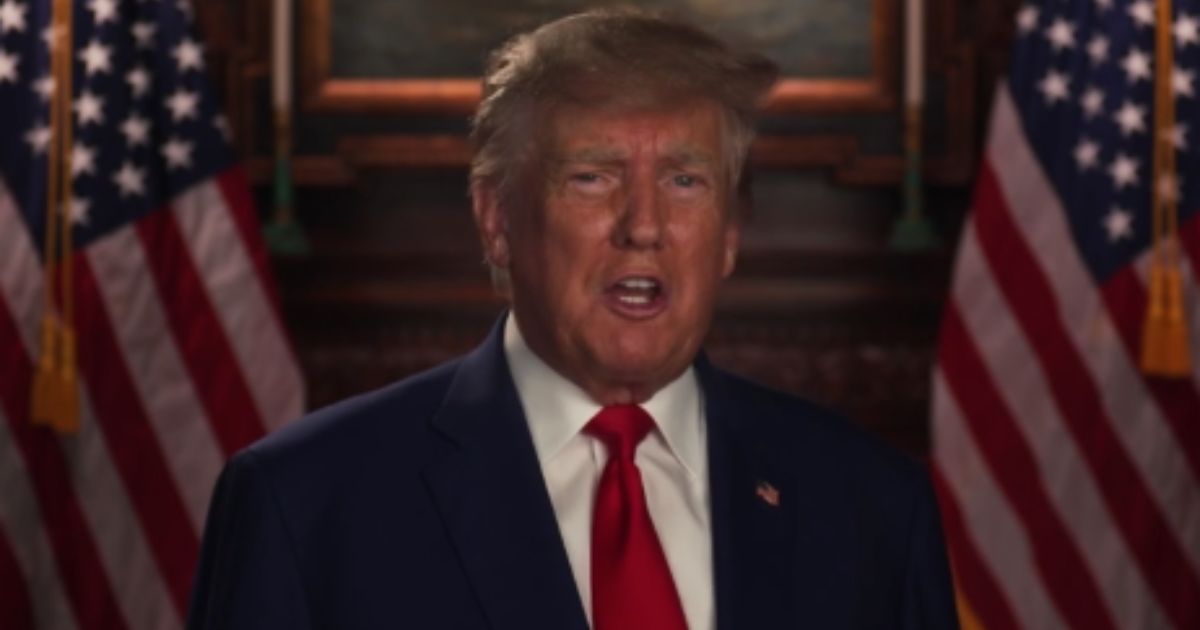Appeals court blocks Trump's transgender military ban
An appeals court has recently denied the Trump administration's request to enforce a policy banning transgender individuals from serving in the U.S. military.
According to Breitbart, the court upheld a previous ruling that prevents the enactment of the administration's restrictive policy.
The controversy began when President Donald Trump issued an executive order in January titled "Prioritizing Military Excellence and Readiness." This order argued that expressing a gender identity different from one's biological sex does not meet the strict standards required for military service.
Judicial Decisions Influence Military Policies
U.S. District Judge Benjamin Settle took the first step in challenging the policy by issuing a preliminary injunction. His decision temporarily halted the military's efforts to identify and discharge transgender service members under the new guidelines. While the case was under appeal, the Trump administration attempted to enforce its policy by filing a motion with the U.S. Court of Appeals for the Ninth Circuit.
Judges Wallace Tashima, John Owens, and Roopali Desai of the appeals court denied the administration's request. Former presidents Bill Clinton, Barack Obama, and Joe Biden had nominated these judges, respectively, highlighting a diverse judicial perspective on the issue.
Implications for Transgender Service Members
The legal battles surrounding the ban have significant implications for current and potential transgender service members. The Trump administration's efforts included directives from Defense Secretary Pete Hegseth, who in February paused all new military accessions for individuals diagnosed with gender dysphoria and halted all gender transition-related medical procedures for service members.
This policy has faced criticism not only on the grounds of discrimination but also for its potential impact on military readiness and the personal lives of service members. Trump's executive order contended that the adoption of a gender identity inconsistent with biological sex conflicts with the disciplined lifestyle required of military personnel.
Lambda Legal and the Human Rights Campaign Foundation have played a crucial role in challenging the ban. These organizations represent seven active-duty transgender service members who are directly affected by the policy.
Extended Legal and Social Impacts
This legal standoff comes as part of broader debates over transgender rights in various sectors of society, including the military. Advocates argue that all capable individuals should be allowed to serve, regardless of their gender identity.
The narrative of the Trump administration provides a contrasting viewpoint, portraying the ban as a necessary measure to uphold military discipline and effectiveness. This perspective was echoed in the executive order, which stressed the importance of service members living truthful and humble lives, per the administration's standards.
The sequence of judicial decisions underscores the tension between administrative policies and the legal protections afforded to individuals under U.S. law. This ongoing legal battle not only affects those in the military but also reflects broader societal values concerning inclusion and rights for transgender individuals.
In conclusion, the decision by the U.S. Court of Appeals for the Ninth Circuit marks a significant moment in the ongoing struggle over transgender rights in the military. As the case progresses, it continues to garner attention and raise questions about equality, military readiness, and the intersection of public policy and individual rights.





